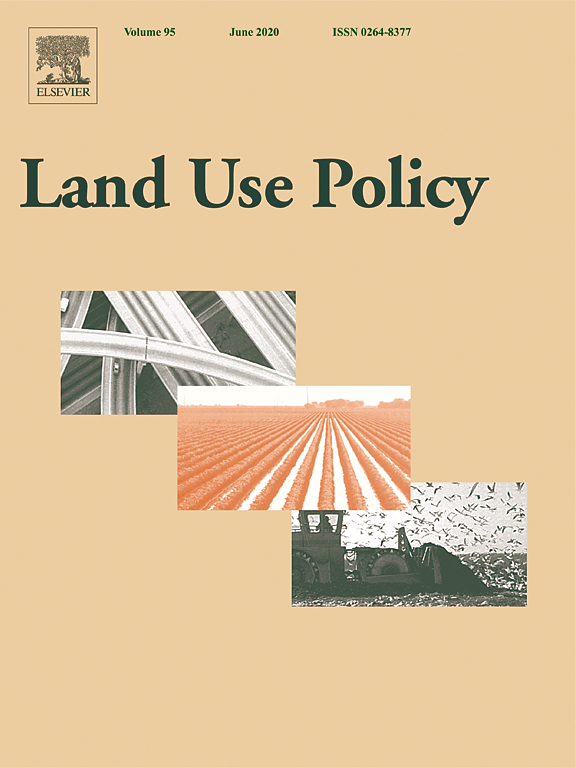Impact of national policies on patterns of built-up development: an assessment over three decades
Globally, built-up development is taking place at unprecedented rates. To mitigate and limit its effects, recent scientific and spatial planning communities call for built-up management to be addressed on broader scales, from regional to national, and coordinated with multiple policy domains. In this paper, we aimed to analyze the evolution and impact of Romania’s national policies on built-up management during the entire period from the fall of the communist regime to the present.




